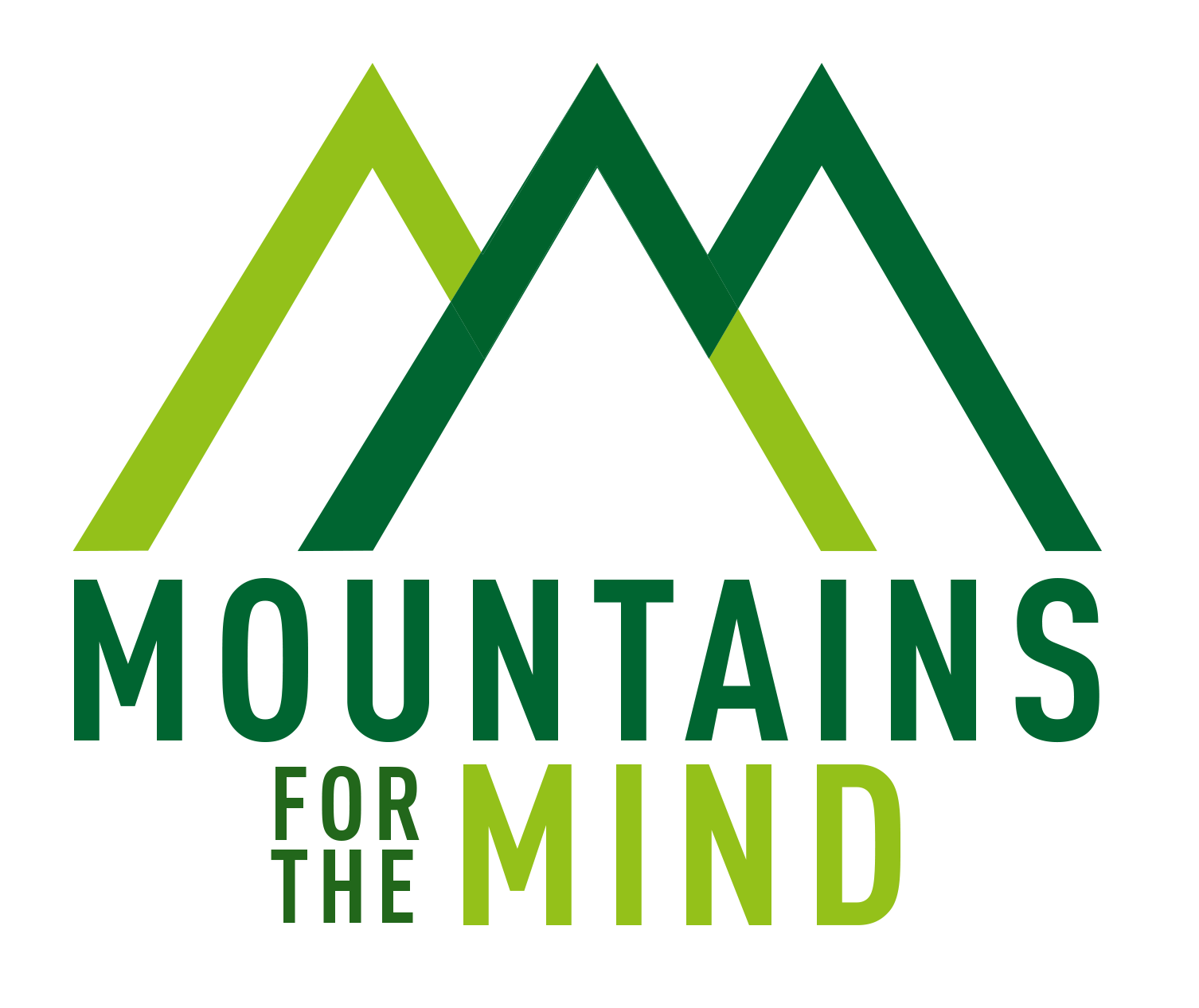James Ayshford, student
“The mountains became my mental health manual”
Head buried in the leather chair of a coffee shop, mum by my side, anxiety racing. What to do with a mind trailing on pathways of double-checking, reassurance seeking and worry? Suddenly it hit me, opt for a new path, but this time up a mountain.
It was a bitter 2018 Cheshire January morning, boots on, border terriers in hand and off we went to North Wales. An underlying reluctance and an array of anxiety clouded any impetus to head to the mists of Moel Famau, but if nothing else the borders needed a change of scenery and soon it was to become overpoweringly apparent; so did I!
All psyched up, out I jump to fall flat into the muddy puddles of the car park with a raring border pulling my arm to its maximum extension. At the time I didn’t understand it, but there was a magic to falling in the mud. The laughs, the cold dirt clinging to my trousers and all the earthy smells became the very kick-start to finding presence, grounding and a healthier mind.
The ascent got me caught in the brisk winds of the Clwydians, spotting grouse, sprinting off with the dogs and taking photographs. As we neared the summit and exited the pines, the day turned that bit more special, it started to snow. For the first time in months my emphasis shifted from thinking to the wonderful qualities of feeling.
On that day, I gained the confidence to post my first Instagram in over three months, but even more unthinkable: A January Moel Famau day was to be the propeller to a life in the mountains. I became a fanatic of Snowdonia National Park, conquering Snowdon multiple times and exploring its incredible surrounds. Hidden gems such as the Watkin Path and its falls or the wild Shetland’s of Cwm Idwal are my special place. I live for North Wales sunsets off the Great Orme or Conwy Mountain and the wonders of the Angelsey Coastal path and Ynys Llanddwyn.
Walking the weekends away in Snowdonia and Anglesey are now my norm and, as such, I really wanted to pin down how the mountains have become a manual for my mental health, in the hope it would help others.
On every walk, I have strategies I apply gently on the trails. A five-sense exercise is amazing. Drawing focus to five things you can hear, smell, feel, touch and even taste brings you to ‘now’ and your magnificent walking environment. It just enriches the walking experience.
I’ve picked up on smells that have taken me back to that specific place I spent in Australia as a kid or noticed seals in sheltered coves that the average walker fails to spot. Focusing my gaze on a specific rock or landmark in the distance as an anchor point also gives gravitas and a feeling of “I’m here”. I also love to sit by waterfalls and watch twigs and mountain debris float by as a metaphor for any passing thoughts. Letting them drift downstream without reason to dive in and delve on them is revitalising.
Beneath these strategies lie other amazing things I love about the mountainside that really give that ‘mountain magic’ – teamwork, exploration and tension release. Exploring less known routes and navigating as a team, such as in a recent trip up Glyder Fach in the rain; or facilitating tension release, letting my temples and eyes relax as I gaze out from Snowdon’s summit over to Newborough Forest, have been amazing for mindfulness.
Rooted at the base of my manual comes this immense sense of feeling, which detaches me from the thinking mind. The feeling of summiting, completing a planned route or finding a wonderful lunchtime spot is just unparalleled and makes me feel great. On a deeper level, I have developed a feeling of attachment to Snowdonia, as if the mountains really do know me. Norwegians have the term Frutsliv ‘Free air life’ accrediting that special connection to being out in nature. This unrivaled sense of belonging to the North Wales mountains makes me feel electric, at home and alive! I’ve even found a love for Mountain biking and paddleboarding too!
My breakthrough in mental health therapy was the moment I became the watcher and not the victim to my thoughts, and it was the mountains that helped me master this. So, fall in the mud, head into that fog to clear your fog, watch those leaves depart downstream. Leave feeling for the mountains, not your footling thoughts. Think less, feel more. I owe it to you Snowdonia, for how I feel today.



